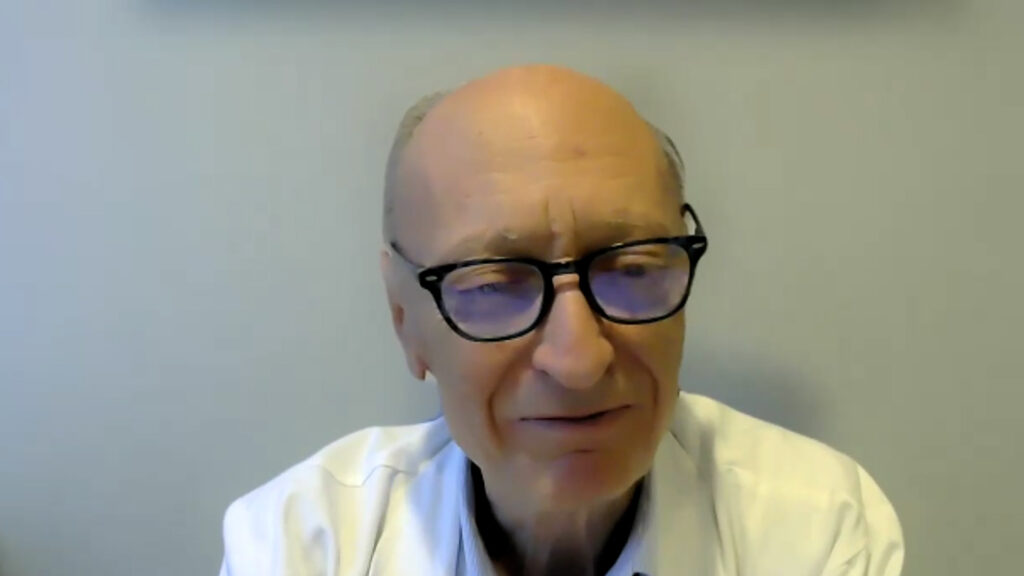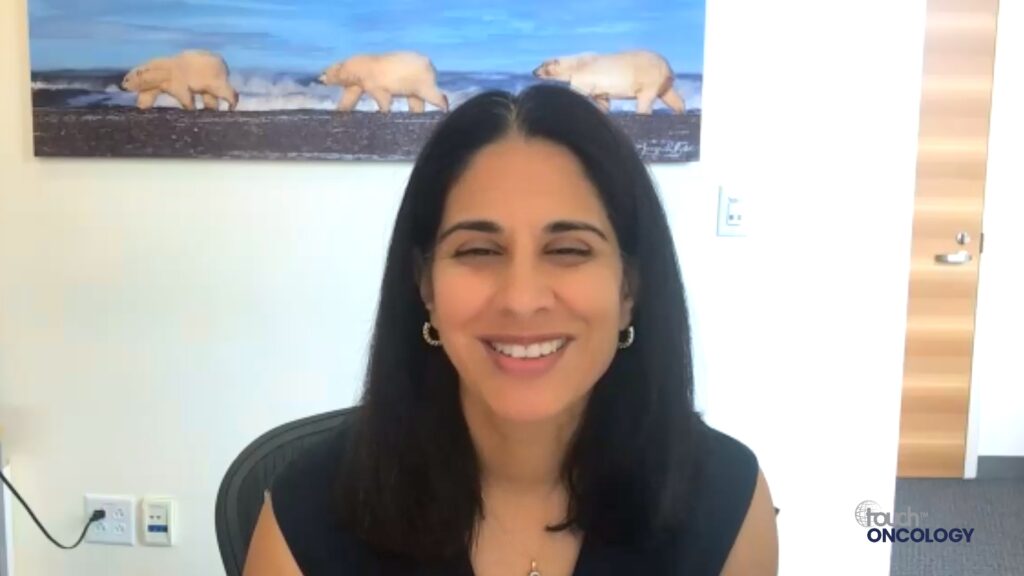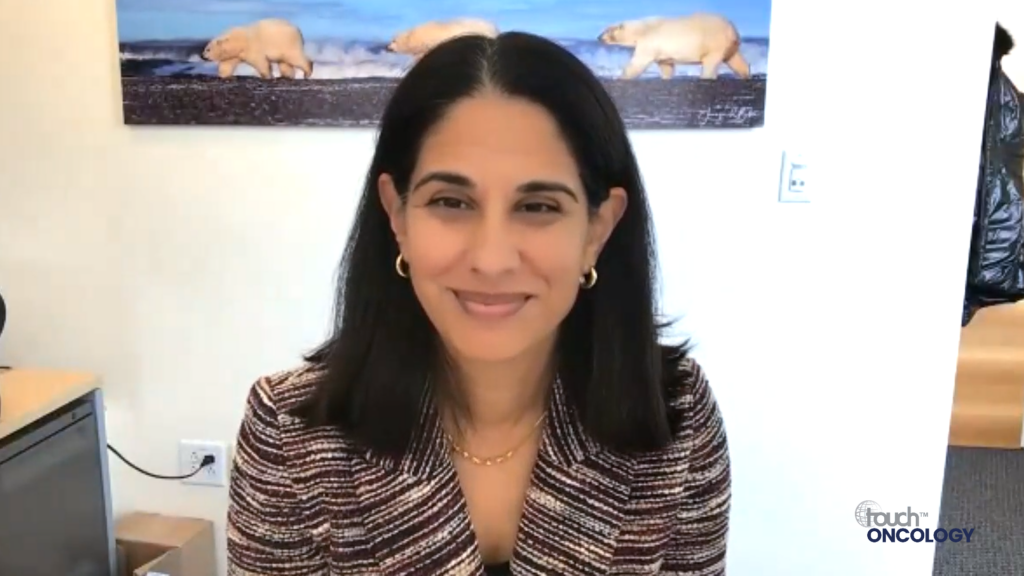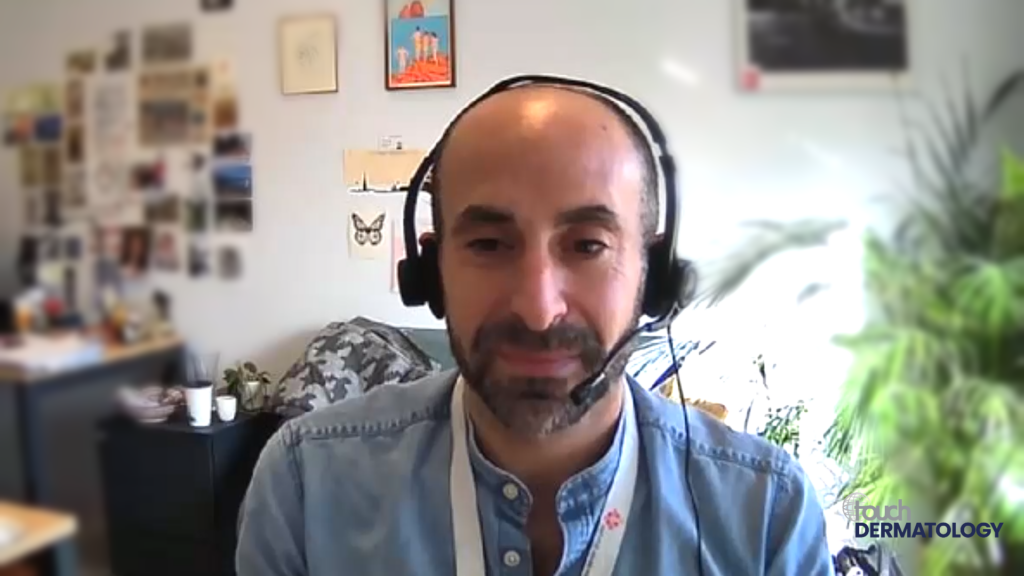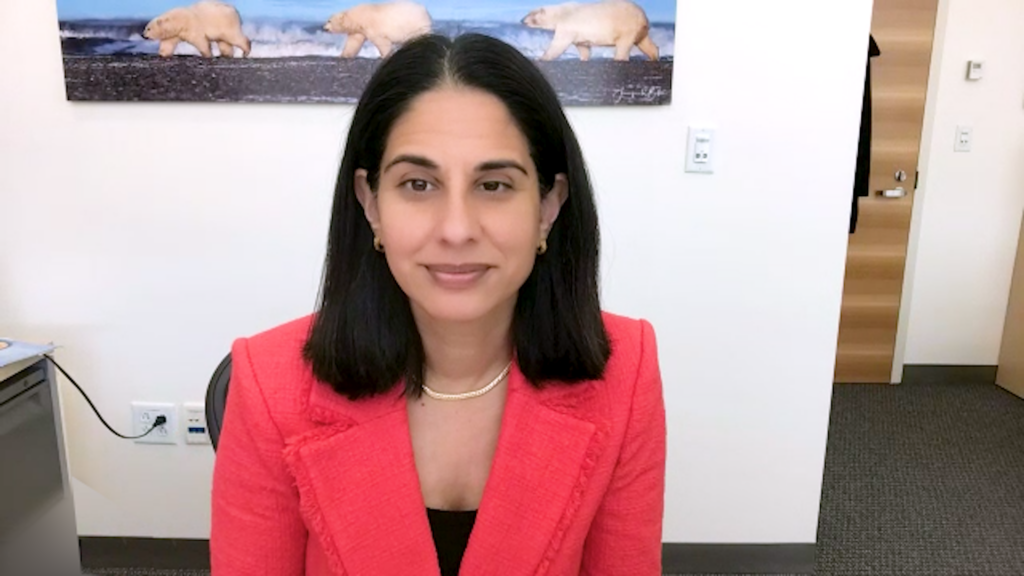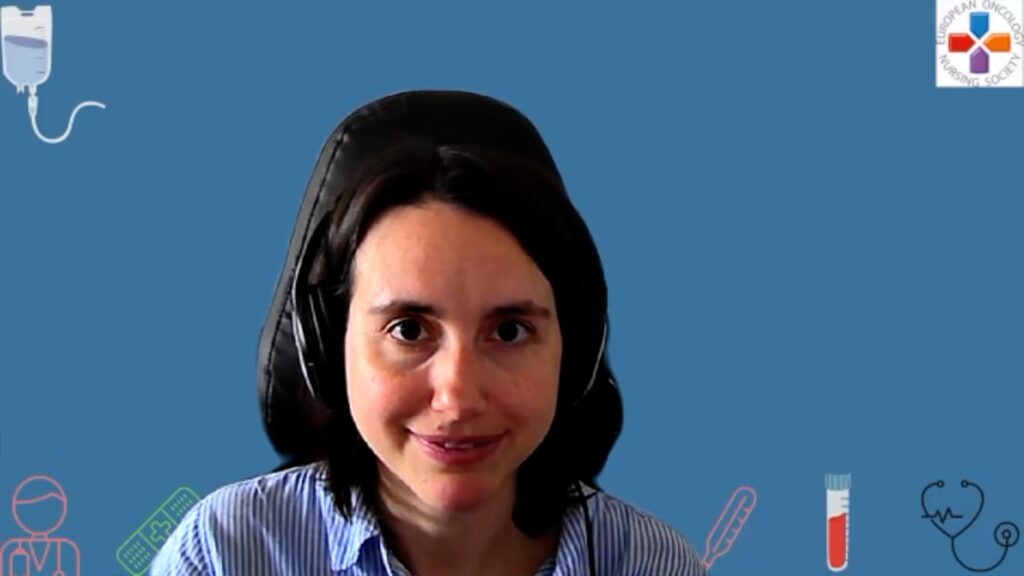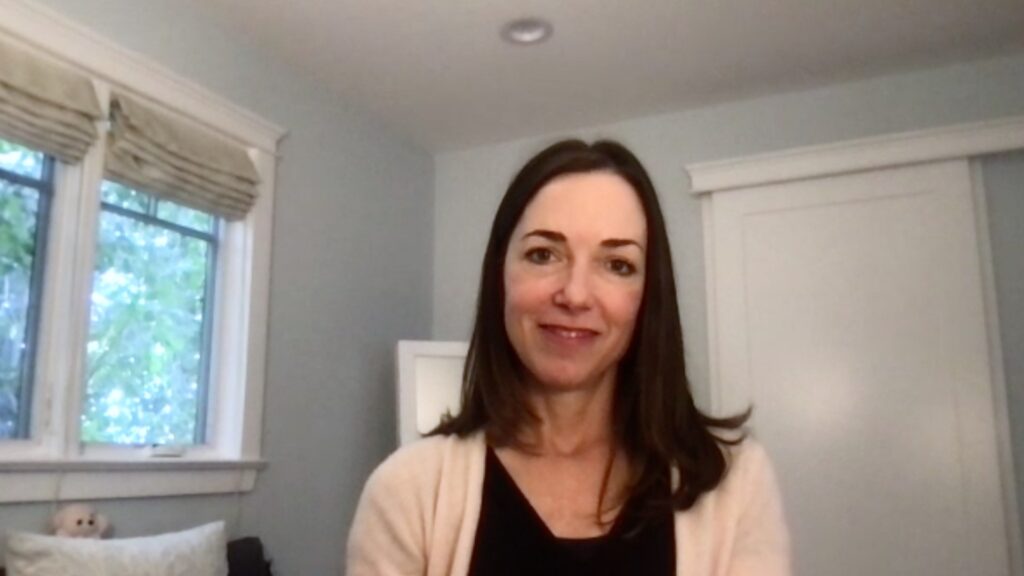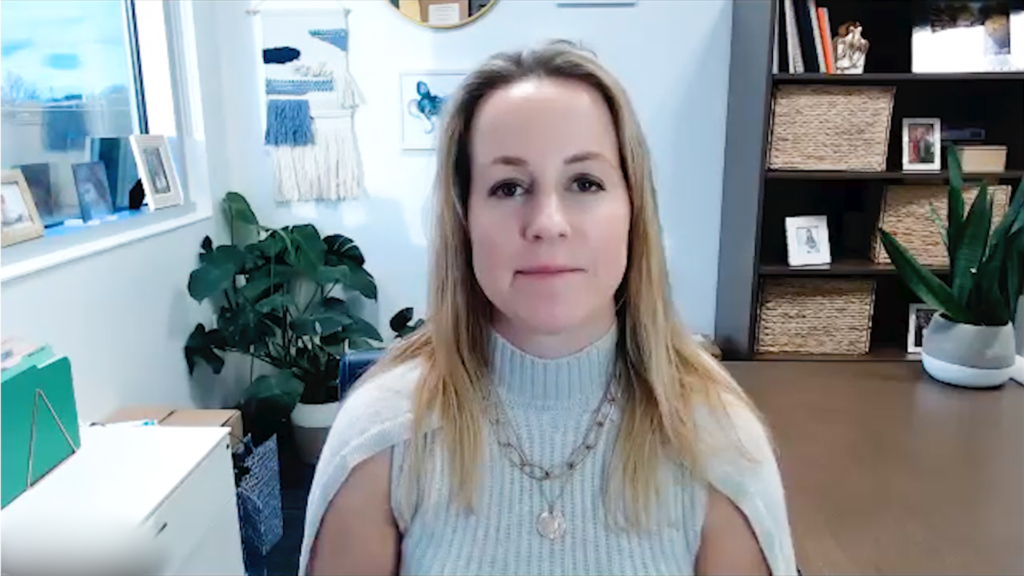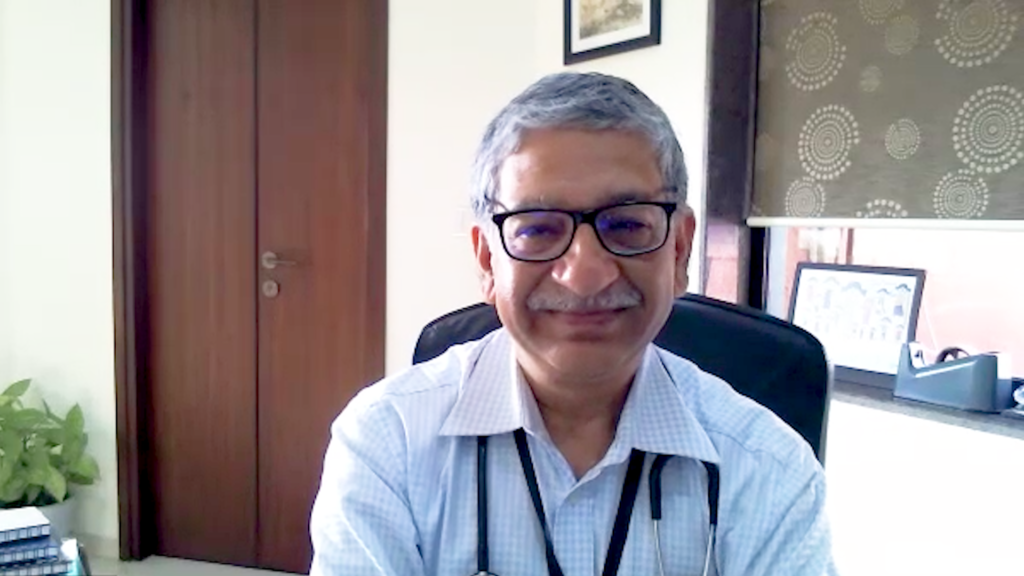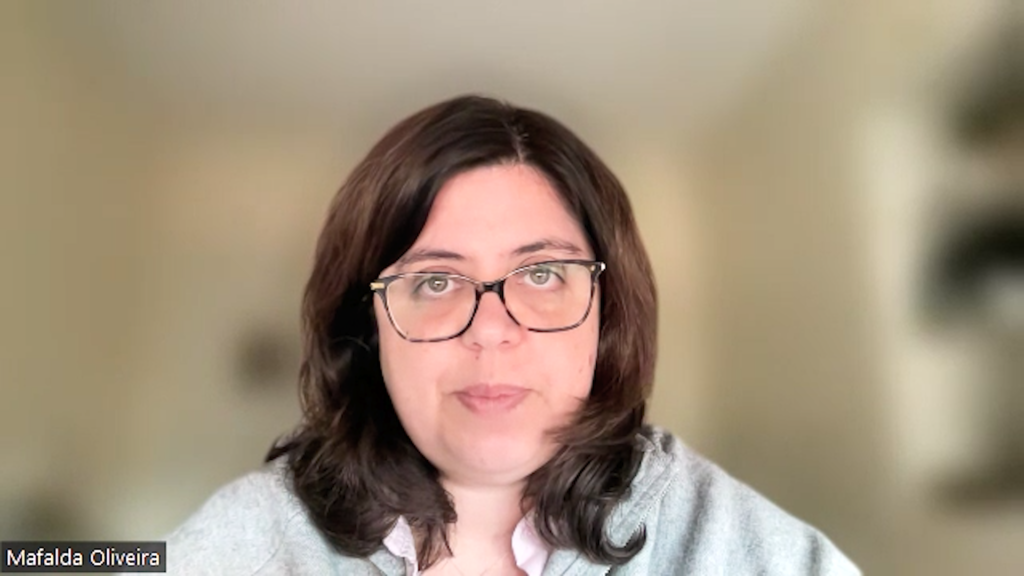touchONCOLOGY spoke with editorial board member Sara Tolaney (Dana-Farber Cancer Institute, Boston, MA, USA) to discuss her highlights from the American Society of Clinical Oncology (ASCO) Annual Meeting, 2–6, June 2023. These include the phase 3 SONIA trial (NCT03425838) assessing CDK4/6 inhibitors for patients with HR+, HER2- advanced breast cancer, and the final overall survival results from the phase 3 TROPiCS-02 study (NCT03901339) of sacituzumab govitecan in patients with HR+/HER2– metastatic breast cancer.
Disclosures: Sara Tolaney is a consultant for: Novartis, Pfizer, Merck, Eli Lilly, AstraZeneca, Genentech/Roche, Eisai, Sanofi, Bristol Myers Squibb, Seattle Genetics, CytomX Therapeutics, Daiichi Sankyo, Gilead, Ellipses Pharma, 4D Pharma, OncoSec Medical Inc., BeyondSpring Pharmaceuticals, OncXerna, Zymeworks, Zentalis, Blueprint Medicines, Reveal Genomics, ARC Therapeutics, Infinity Therapeutics, Myovant, Zetagen, Umoja Biopharma, Artios Pharma, Menarini/Stemline, Aadi Biopharma, Bayer, Incyte Corp and Jazz Pharmaceuticals. She has received grant/research support from: Genentech/Roche, Merck, Exelixis, Pfizer, Lilly, Novartis, Bristol Myers Squibb, Eisai, AstraZeneca, Gilead, NanoString Technologies, Gilead, Seattle Genetics, OncoPep and Daiichi Sankyo.
Support: Interview and filming supported by Touch Medical Media. Interview conducted by Sophie Nickelson.
Filmed as a highlight of ASCO 2023
Access more content on breast cancer here
Transcript
My name is Sara Tolaney. I’m Chief of Breast Oncology at Dana-Farber Cancer Institute.
So at ASCO this year, we saw results from the SONIA trial. I think this is a really interesting trial because for years, we’ve had this question “Does it matter if you give endocrine therapy upfront to a hormone receptor-positive breast cancer patient with a CDK4/6 inhibitor when you could also give it in the second-line setting, and add that CDK4/6 inhibitor after they had had endocrine monotherapy?” really not knowing how this would impact long-term outcomes. And so the SONIA trial was a really creative trial where they took patients upfront for their metastatic hormone receptor-positive disease, and randomized them to get endocrine treatment with or without palbociclib. And then, for those patients, for example, who got endocrine monotherapy upfront, they could then go on and get their CDK4/6 inhibitor subsequently, with a question being, what’s the impact on PFS2, so does it matter if you get endocrine monotherapy, then endocrine therapy with CDK4, or if you get endocrine therapy with CDK4, and then endocrine monotherapy.
The trial did show that, in essence, PFS and PFS2 really looked about the same. And so, I think, to me, that’s really interesting, because it would suggest that maybe it doesn’t matter if you give your CDK4/6 inhibitor first or second line, with the idea being that in the second-line setting people are getting exposure for a much shorter period of time. And so, there’s going to be less toxicity exposure to that patient than if they got it in the first-line setting on their CDK4/6 inhibitor for much longer. And so maybe this would really suggest that those patients who get it second-line have a better quality of life because they’re not getting that agent for as long, and maybe also less financial toxicity because again they’re getting shorter duration of an expensive drug. I think the problem is there are lots of caveats with this very important study. One is that the way we treat people after progression on CDK4/6 inhibition is different than it was at the time of SONIA. Because now, in the second-line setting, we are giving targeted therapy with endocrine therapy. We’re not really using endocrine monotherapy. So, I think it makes it difficult to interpret.
I also think the other challenge is it utilized palbociclib as a CDK4/6 inhibitor, and there are some thoughts that maybe not all the CDK4/6 inhibitors are the same, where we are seeing that there can be differences where palbociclib has not reached overall survival significance in the phase 3 setting. And so I think some question if these results would be applicable if a different CDK4/6 inhibitor was utilized.
So I think, you know, given these caveats, I do not think that SONIA is going to change our practice in a sense that I don’t think it means that we can give everyone endocrine monotherapy upfront and reserve CDK4/6 inhibitor therapy for the second-line setting, but I do think it could suggest that maybe if you had a really frail patient where you are concerned about giving them a CDK4/6 inhibitor upfront, that maybe in that patient it would be okay to use endocrine therapy. I think the challenge is going to be that in the future we need better biomarker predictors of who can get away with these kinds of approaches, because it would be really nice if we knew which patients are going to do super well with endocrine monotherapy, and then they would not need quite as much exposure to targeted therapies, they could get it for shorter durations of time sequentially. But again, we’re not there yet. And so I think at this point in time, I would continue to use endocrine therapy and CDK4/6 inhibition upfront.
So at ASCO this year, we also saw the final overall survival analysis from the TROPiCS-02 study. I think this was of interest because we know patients who have metastatic hormone receptor-positive disease really are getting treated with sequential, single-agent chemotherapy. And we know that that is associated with toxicities and impact on quality of life. And so there has been really an unmet need to try to develop more effective therapeutic options for these pre-treated patients. And we know that sacituzumab govitecan is an antibody drug conjugate, targeting Trop-2, delivering an SN-38 payload, and it’s already approved for the treatment of metastatic, triple-negative breast cancer. And, in the U. S., it’s actually already approved for treatment of metastatic hormone receptor-positive breast cancer, really based on the TROPiCS-02 study. Now, we’ve already seen results from this trial previously. Again, this trial had randomized patients who had really had two to four prior lines of chemotherapy for their metastatic hormone receptor-positive disease, to get sacituzumab govitecan, or to get treatment of physicians’ choice chemotherapy, with the primary objective being progression-free survival. And when we saw the primary analysis of the study, we saw that sacituzumab did lead to significant improvement in PFS. When we saw the second interim analysis from this study, we saw that sacituzumab led to significant improvement in overall survival, and objective response rate. And now with this final analysis, we now have 13 months of follow-up and continue to say that sacituzumab leads to improvements in progression-free survival and also overall survival. So for PFS, the PFS went from 4 months to 5.5 months. For overall survival, it went from 11.2 to 14.5 months. So really, you know, showing a 1.5 month delta in PFS, and a 3.3 month delta in OS, really reinforcing that sacituzumab does remain a very effective treatment option for patients who have pre-treated metastatic hormone receptor-positive breast cancer.


